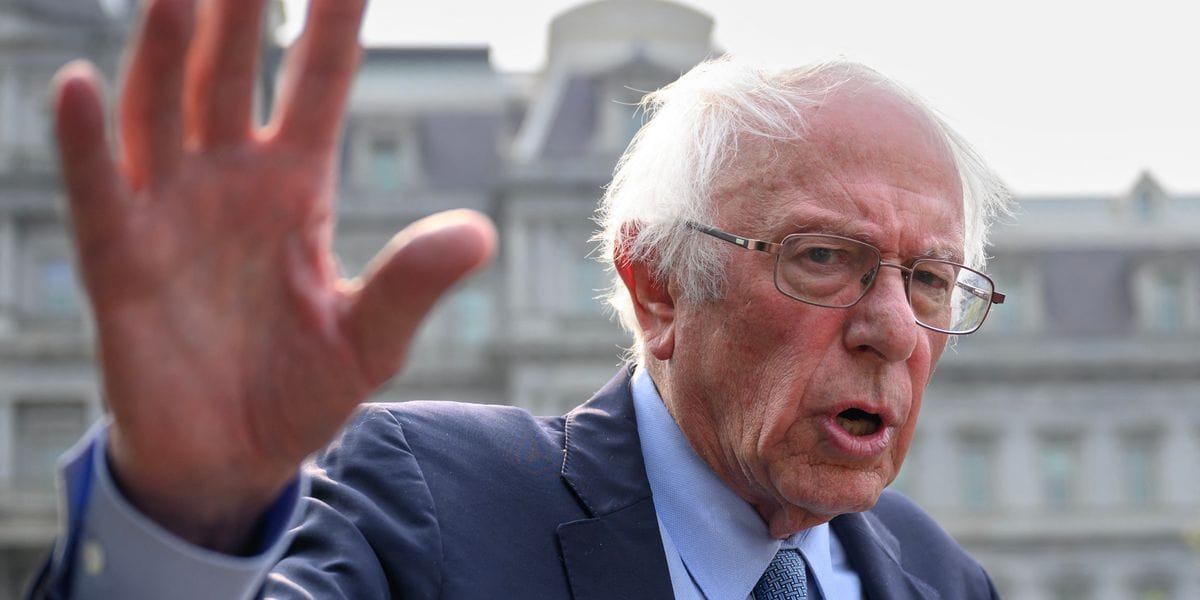Legislators Introduce Bill to Reform Corporate Taxation
In a bold move to reform corporate taxation, U.S. Sen. Bernie Sanders and Congresswoman Jan Schakowsky have introduced legislation targeting the closure of tax loopholes that benefit corporations. The bill, which comes at a time when economic disparities are under intense scrutiny, seeks to end the preferential treatment for businesses offshoring jobs and put an end to the use of tax havens for profit concealment.
Highlighting the stark contrast between corporate profits and the financial struggles of working families, Sanders criticized the current tax system as “corrupt and rigged,” favoring the wealthy at the expense of the broader population. He pointed to the Republican budget plans for fiscal year 2025, which he claims would exacerbate these issues by cutting essential social services while offering more tax breaks to corporations and the wealthy.
The proposed Corporate Tax Dodging Prevention Act is expected to generate significant revenue, with estimates suggesting that the tax haven provision could raise over $1 trillion within ten years. This projection comes from the Joint Committee on Taxation as Americans gear up for the federal income tax deadline.
Backing the bill, Schakowsky emphasized the need to prioritize the interests of everyday Americans over those of billionaires and multinational corporations. She commended President Joe Biden’s efforts to grow the economy inclusively but stressed that further action is required.
Biden’s recent budget blueprint reflects a similar sentiment, proposing increased taxes for corporations and the ultra-wealthy. Although these proposals face a challenging path through a divided Congress, they underscore the administration’s stance on economic equity ahead of the upcoming November election.
The introduction of this bill follows historical tax cuts implemented under then-President Donald Trump’s administration, which are due to expire at the end of next year. Trump, during a recent fundraiser, advocated for extending these cuts, which he believes have significantly benefited corporations.
As lawmakers grapple with these contrasting visions for America’s fiscal future, the debate over fair taxation and economic equality continues to intensify, with significant implications for both businesses and workers across the nation.






